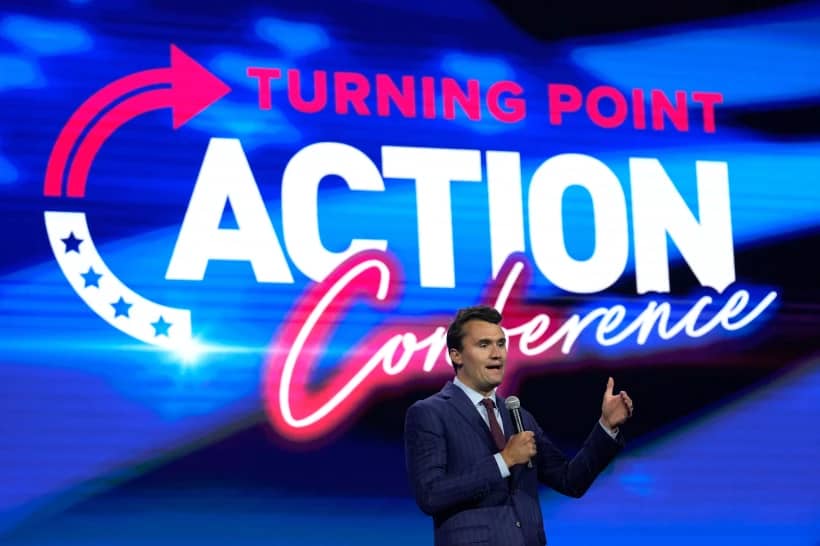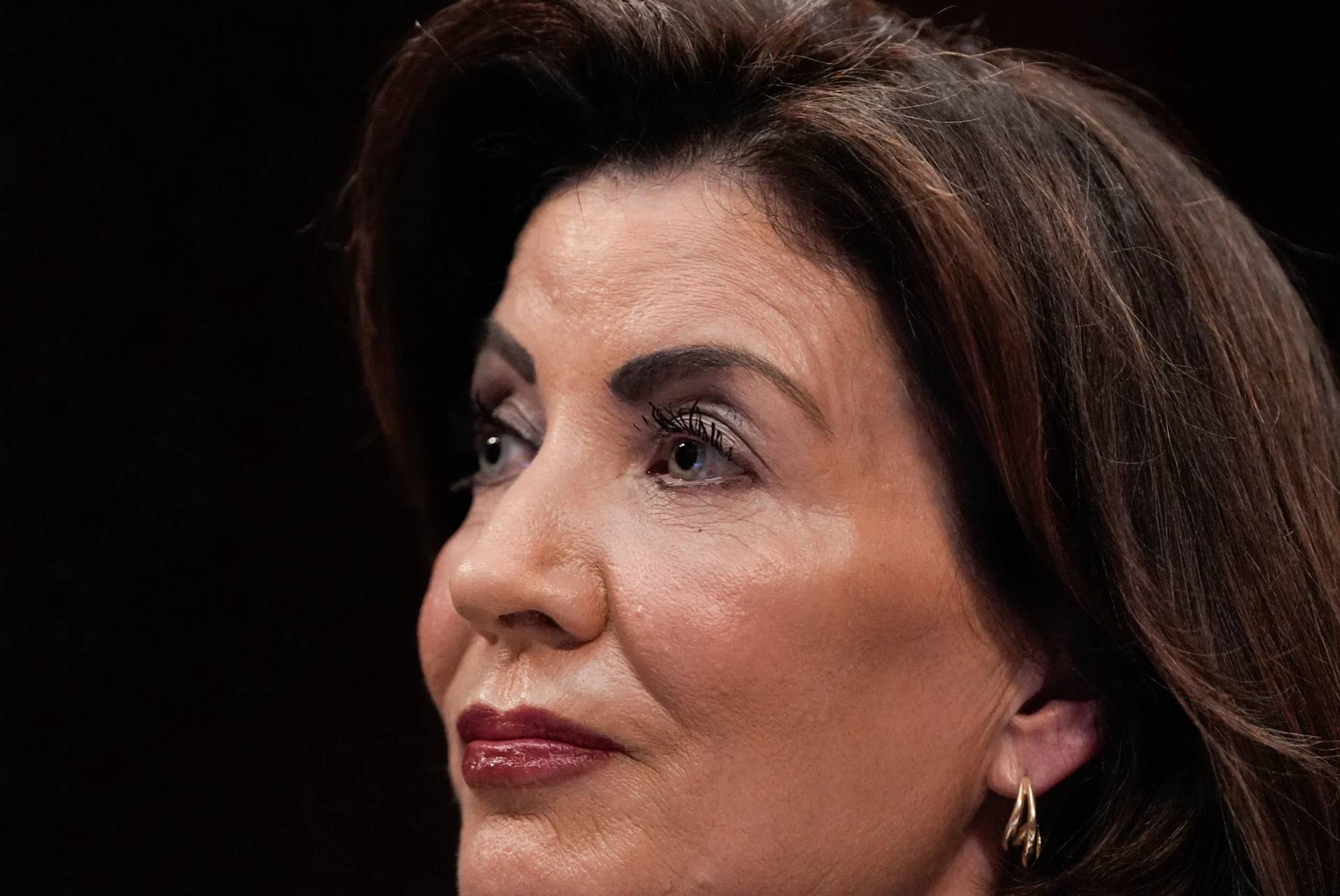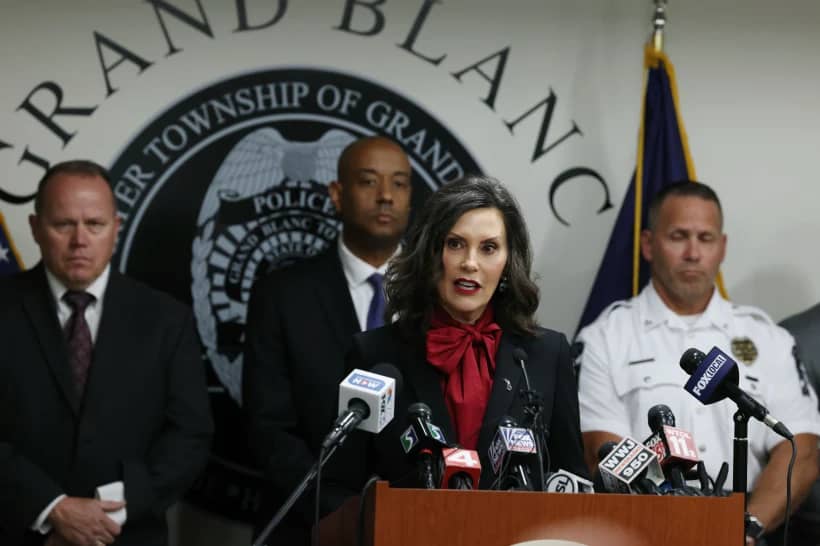In August, following the unprecedented Convocation of Catholic Leaders event in Orlando, Florida, another Catholic gathering occurred. The National Black Catholic Congress had a meeting and every diocese in the nation was asked to send a delegate. Together people from across the country started to prepare a document that has been recently released: The pastoral action plan.
The document is organized into seven topics each with objectives for actions to be taken in dioceses and parishes. Father Stephen Thorne, the pastor at Saint Martin de Porres Church in Philadelphia, who was a convener at the congress, said in the past focus groups were formed before the event, and the document was complete by the time of the congress. He said this time was different because, “we went without a draft which was a little dangerous but we trusted in the Holy Spirit.”
With so many diverse places represented, people had different things they wanted to discuss. “Chicago folks were focused on violence…California on immigration….we sat together and those 50 delegates met and we had a wide array of things,” Thorne said. “This was the people. The preamble was what the people wrote.”
The preamble itself and the topics and objectives are somewhat different than other pastoral plans. There is a spiritual dimension to all of it, but the plan gets very specific, for example, in terms of a commitment “to address the challenges of mental illness, mass incarceration, domestic violence, and other issues that challenge the sanctity of life.”
Thorne agrees that these issues stand out more starkly for the African-American community, but also says “we want to put a spiritual piece to it.”
Thorne said one should read the pastoral plan in two pieces, the first being spiritual and the second social justice. However, the topics are not placed in order of priority. It is up to the individual diocese and parish to decide what their focus will be. It’s what Thorne called “a bullet point strategy.” The most important thing is “We want people to know these are the things that came from the people’s hearts.”
Father Bruce Wilkinson, an African-American priest, who before retirement was the pastor at Most Blessed Sacrament in southwest Atlanta, a mostly black parish from 1992-2016, seems more pessimistic. He told Crux in an email interview that he worked on developing the first and second pastoral plans years earlier, but when he saw that “both plans were ultimately ignored and set aside at the diocesan level” in Atlanta, he decided not to participate again.
Wilkinson was ordained in 1981 and, at that time, was the only black priest serving in Atlanta. In 1984, then-Archbishop Thomas Donnellan asked him to form an office of black Catholics, so he’s been working in that area most of his career.
Wilkinson argues that the basic problem is that these plans “come from one side, a minority group, falling on deaf ears, of a majority group.”
He apologized for not being “positive,” but says that “until there is more racial and gender equity in the Church leadership, this plan won’t advance beyond being words on a page.”
Thorne, who has been involved in the congress movement for the last 25 years, is much more optimistic. One of the points that was made at the meeting that seemed to excite him most was the objective to “create more opportunities to increase awareness of Black Saints in the life of the Church.” Thorne says that this was definitely one of the things that came from the delegates excited about taking action. “They’re concerned that we need to have an African-American saint in the Church.”
Having these saints could help grow Church leadership, evangelize the community and be a beacon to young black Catholics who don’t have that much interest in the Church now. Thorne says the bullet points work together in this way to create a variety of outcomes.
Dialogue is another integral part of the plan. Thorne says dialogue might not seem like it can do that much, but “It all begins with relationships. If the teacher doesn’t relate to students you can’t teach effectively.”
Thorne used a personal example of his counseling of a young black man who had been incarcerated. He said that since he had never had that experience, “I listened to his story and I could understand more, and it only happened by listening to him.”
It comes back to these ideas having come from people sitting and talking to each other. He says, “if you’ve had someone in your family who’s been in prison and comes home and can’t find a job,” then that’s what you’re going to want to talk about and share with others. “That’s why it’s so alive. Because it came from the people.”
He warns that right now in society people are “talking at each other and not with each other.” The listening part of conversation is key to making change. Without being open to hearing what the other person is saying then it’s not useful. “We have to dialogue. I’m open to growth and listening to you.”
Father Bryan Massingale, professor of theological and social ethics at Fordham University, told Crux, “I have been very critical of the Catholic default to “dialogue” about race as a response to racial injustice. Dialogue implies that racism is a matter of miscommunication, and that if we only learn how to talk better with each other, then racism would end.”
“Also, we have been calling for dialogue for years, without facing the fact that many–especially in the white Catholic community–do not want to have a meaningful conversation about race. Racism is not a matter of miscommunication,” he said.
“At best, dialogue may set the conditions for a sincere engagement with the real issues of racism. At worst, dialogue becomes only a public relations strategy that leaves the white majority complacent with injustice, and leads to greater frustration and alienation on the part of people of color.”
Massingale may be less of an optimist than Thorne, especially in regards to dialogue, but he has an overall positive response to the pastoral plan and “the consistent project of the Black Catholic Congresses since their beginning in the late nineteenth century, to draw a connection between the experiences of Black people and the beliefs of the Catholic Church. So I celebrate and welcome this latest plan, which attempts to speak to our needs at this time.”
Thorne also recognized that “a lot has shifted since our last congress.” Specifically, he mentioned that now there is “a holy father who has given specific direction about mercy and the poor at the same time we live in a political climate in a very divided time and a tense time politically.”
Even with these political challenges he says, “we have to continue to live our Catholic faith in a challenging time and not succumb to nasty words.”
“We are people of the Gospel and no matter what happens in this world we follow Christ Jesus.”














